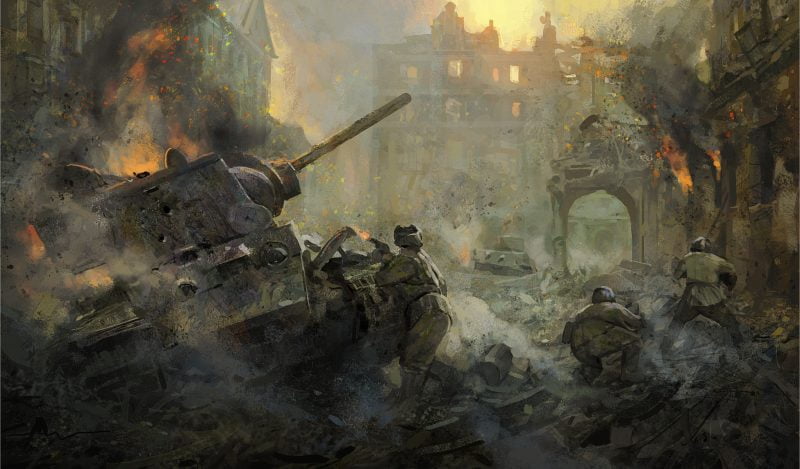
When the European powers went to war in 1914, unleashing a bloodbath unlike any the world had seen, most were overreacting to genuine strategic concerns. The Germans, for example, feared the massive military expansion underway in their neighbor Russia.
As international tensions mounted in late July 1914, European military establishments concluded that it would be better to be safe than sorry. To keep their countries safe, they set into motion armies comprised of millions of men, supplied with all the weapons and ammunition that the most economically powerful and scientifically sophisticated civilization in the world could supply.
The declarations of war that set off “the guns of August” were met in many European cities by outbursts of popular enthusiasm; people believed that the war would be short and that their cause was just. Yet the slaughter that followed was neither. Over four years, millions of lives were lost for a cause that became more obscure the longer the war went on.
The end result was devastation. Vast amounts of treasure, accumulated over centuries, was squandered. The sites of the battles were scenes of physical and environmental ruin. The ten million dead were mourned by millions more grieving orphans, widows, and parents. Governments collapsed, their legitimacy spent, while the ideas and institutions of the prewar world were viewed with disillusionment. No combatant emerged better off. It was, as has been noted, probably the first war in which victory was indistinguishable from defeat.



